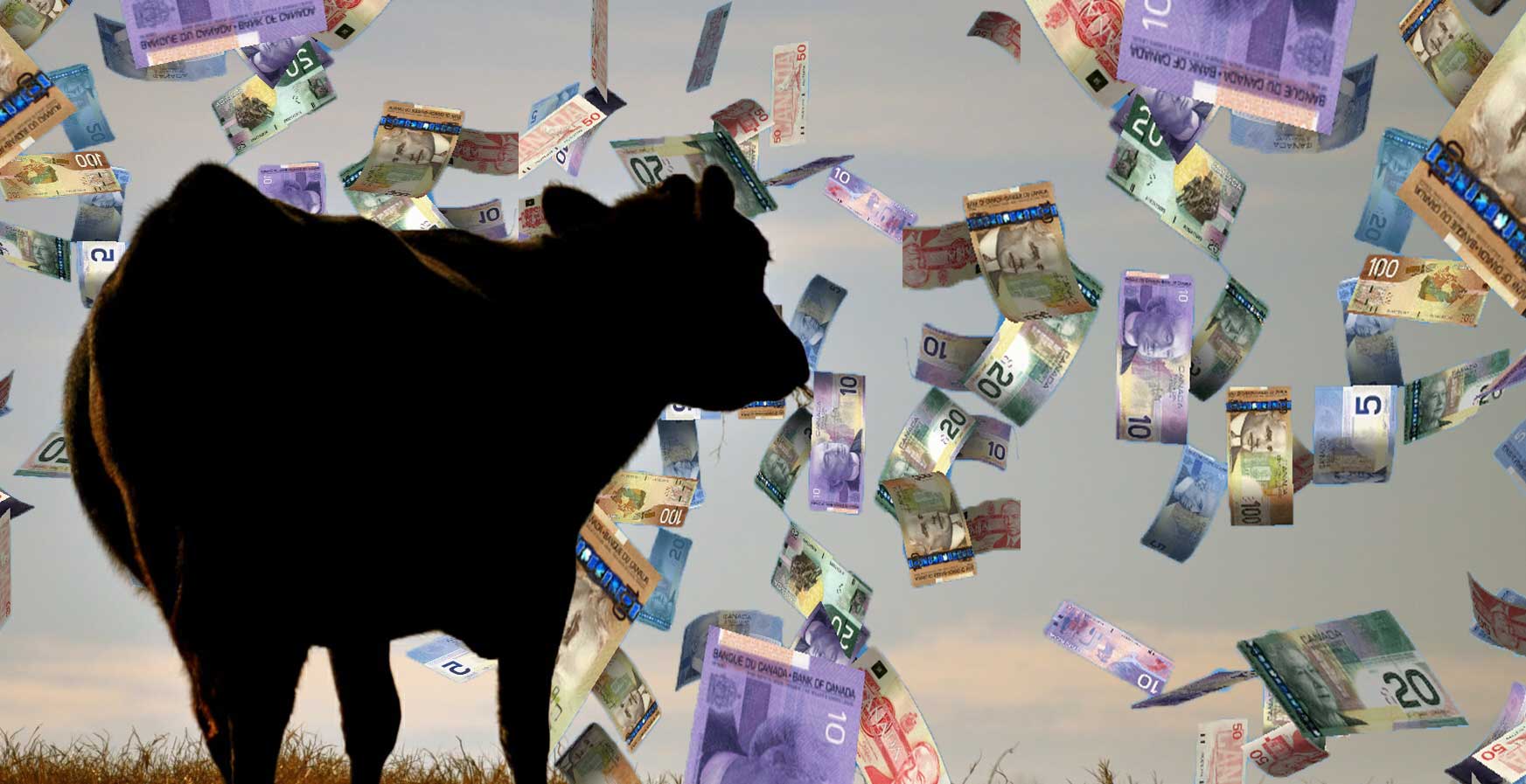Livestock Producers Receive Tax Relief for 2017

The Government of Canada today released the final list of designated regions where livestock tax deferral has been authorized for 2017 due to drought, flood or excess moisture conditions
On November 6, 2017, the Government of Canada announced the initial list of designated regions in British Columbia, Alberta, Saskatchewan and Quebec, for livestock tax deferral purposes.
Ongoing analysis has identified additional regions in British Columbia and Saskatchewan that are experiencing forage shortfalls in 2017.
“This will help farmers keep their businesses strong, while growing the economy and strengthening the middle class”
Low moisture levels resulted in significant forage shortages for livestock producers in British Columbia, Alberta, Saskatchewan and Quebec in 2017. One option for producers is to reduce their breeding herd in order to manage feed supplies.
“Extreme weather and natural disasters created significant challenges for many Canadian livestock producers in 2017,” stated Lawrence MacAulay, Minister of Agriculture and Agri-Food. “This tax deferral will help producers manage the impacts of the adverse weather, while focussing on rebuilding their herds in the coming year. This will help farmers keep their businesses strong, while growing the economy and strengthening the middle class.”
The livestock tax deferral provisions allow livestock producers in prescribed drought, flood or excess moisture regions to defer a portion of their 2017 sale proceeds of breeding livestock until 2018 to help replenish the herd. The cost of replacing the animals in 2018 will offset the deferred income, thereby reducing the tax burden associated with the original sale.
In addition to the livestock tax deferral provision, producers have access to assistance through existing Growing Forward 2 Business Risk Management programs, which include AgriInsurance, AgriStability and AgriInvest.
Eligibility for the tax deferral is limited to those producers located inside the designated prescribed areas. Producers can request the tax deferral when filing their 2017 income tax returns.












